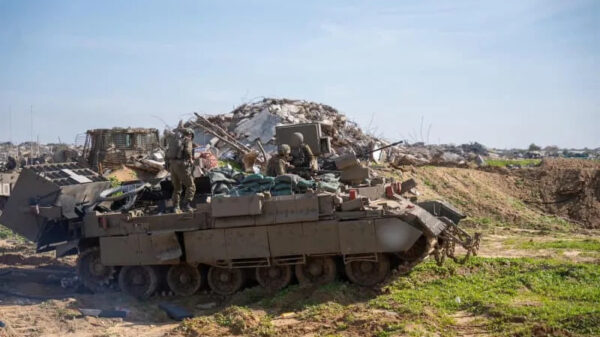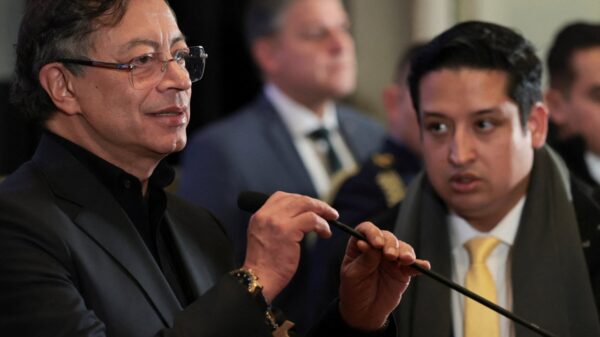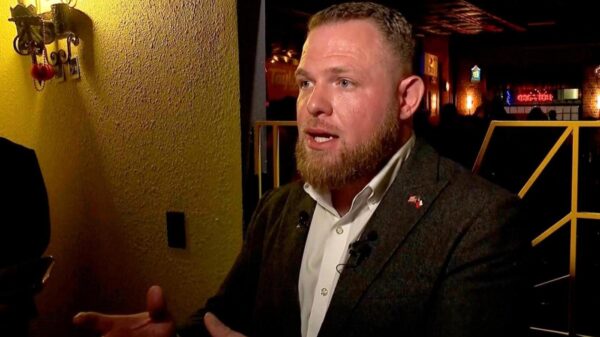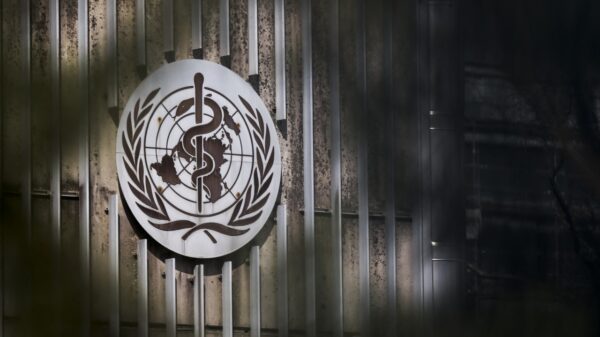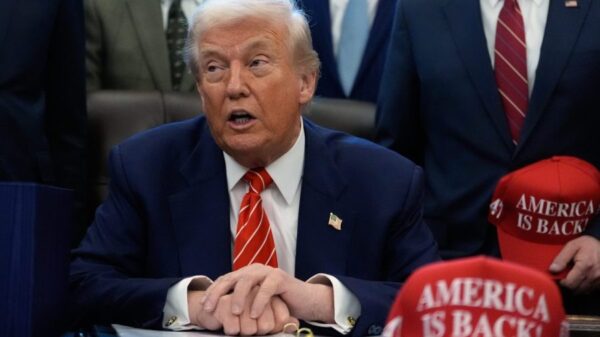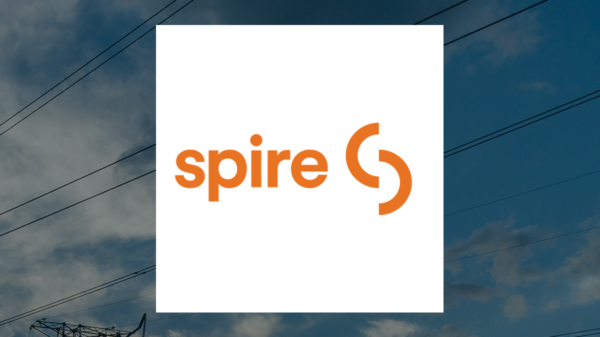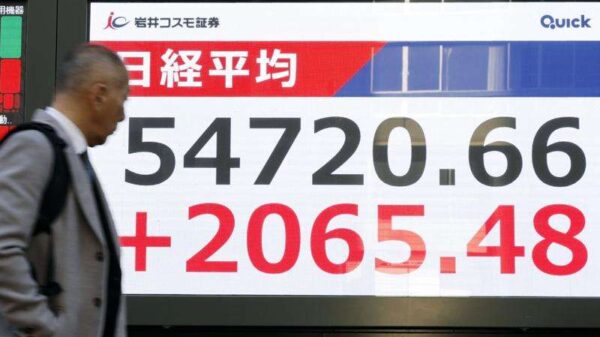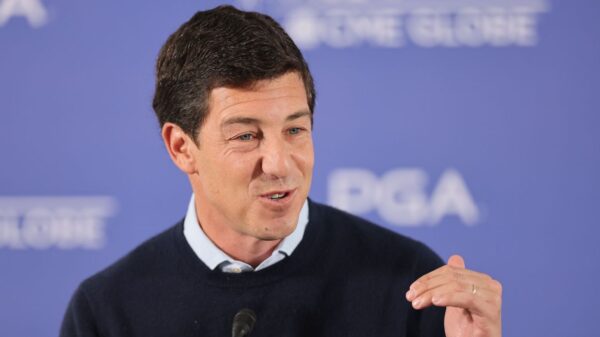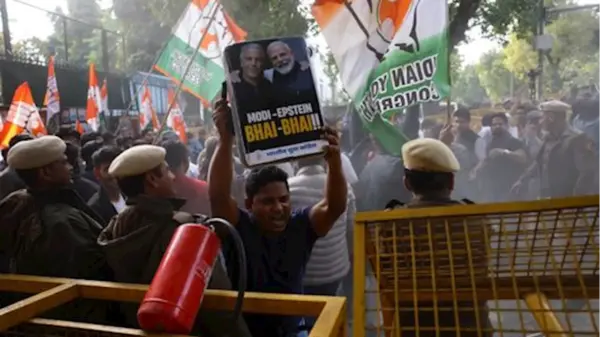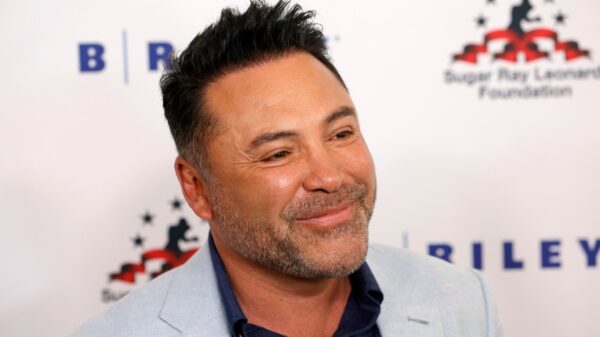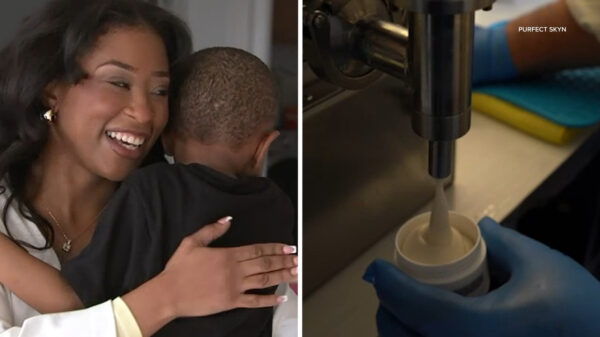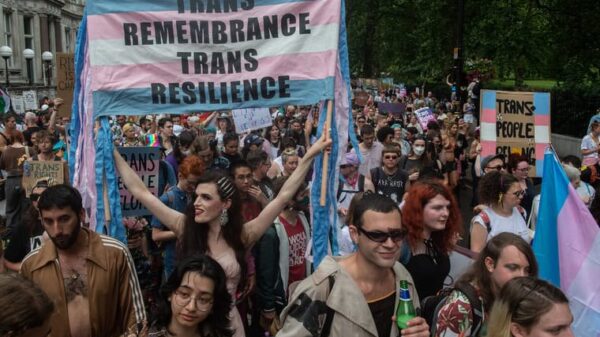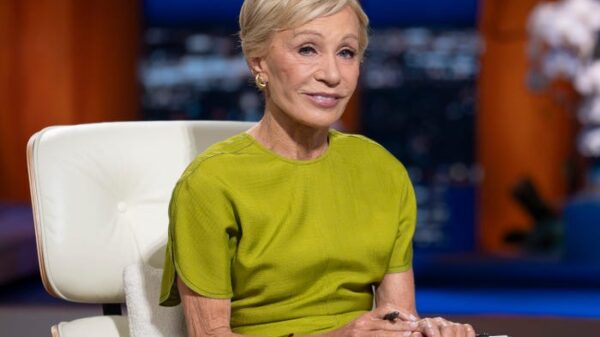President Donald Trump announced on social media that he will deploy troops to Portland, Oregon, authorizing “Full Force, if necessary,” to address what he labels as “domestic terrorists.” This announcement expands his controversial strategy of deploying federal troops to various U.S. cities. The White House has not yet provided details regarding the timeline for the deployment or which specific military units will be involved.
Local leaders have expressed strong opposition to this decision. Portland’s mayor stated that troops are unnecessary, while the state’s governor, Kate Brown, emphasized that there is no national security threat in the city.
In a separate development, the Trump administration has petitioned the Supreme Court to uphold restrictions on birthright citizenship. This order aims to declare that children born to parents who are in the United States illegally or temporarily are not American citizens. The Supreme Court’s decision could have significant implications for immigration policy in the United States. Lower courts have blocked the proposed restrictions from taking effect, and the administration is not requesting an expedited ruling before the Court’s final decision.
Internationally, the situation in the Gaza Strip continues to escalate. Israeli airstrikes and gunfire have resulted in at least 57 fatalities, according to local health officials. This violence comes as pressure mounts for a ceasefire, which Israeli Prime Minister Benjamin Netanyahu has publicly rejected, stating that Israel “must finish the job” against Hamas. The humanitarian crisis in Gaza worsens as hospitals struggle with critical shortages of medicine and supplies.
At the United Nations, Russian Foreign Minister Sergey Lavrov assured world leaders that Russia does not intend to attack Europe. He warned, however, that any aggression against Russia would be met with a “decisive response.” This statement follows recent incidents involving unauthorized flights into NATO airspace, attributed to Russia, raising tensions across Europe.
In political news, tensions between the United States and Colombia have increased following the State Department’s decision to revoke the visa of Colombia’s president, Gustavo Petro. This action was prompted by Petro’s remarks at a protest in New York, where he encouraged American soldiers to disobey Trump’s orders. Petro dismissed the visa revocation, asserting that as a European citizen, he does not require a visa to enter the U.S.
Tragedy struck in Tamil Nadu, India, where a stampede at a political rally resulted in at least 36 deaths and 40 injuries. Health officials reported that many victims were already deceased by the time they reached hospitals. This incident underscores the often perilous nature of large political gatherings.
In legal news, former New York City mayor Rudy Giuliani has settled a $1.3 billion defamation lawsuit with Dominion Voting Systems over his false claims regarding the 2020 election. While the terms of the settlement remain confidential, the case highlights ongoing controversies surrounding election integrity.
Lastly, a daring theft occurred at the Westland Distillery in Washington, where thieves made off with 12,000 bottles of craft whiskey valued at nearly $1 million. This incident, described as a rare liquor heist in the U.S., is under investigation by local authorities.
As these stories unfold, they reflect a complex landscape of domestic and international issues, with significant implications for governance, security, and public safety.






